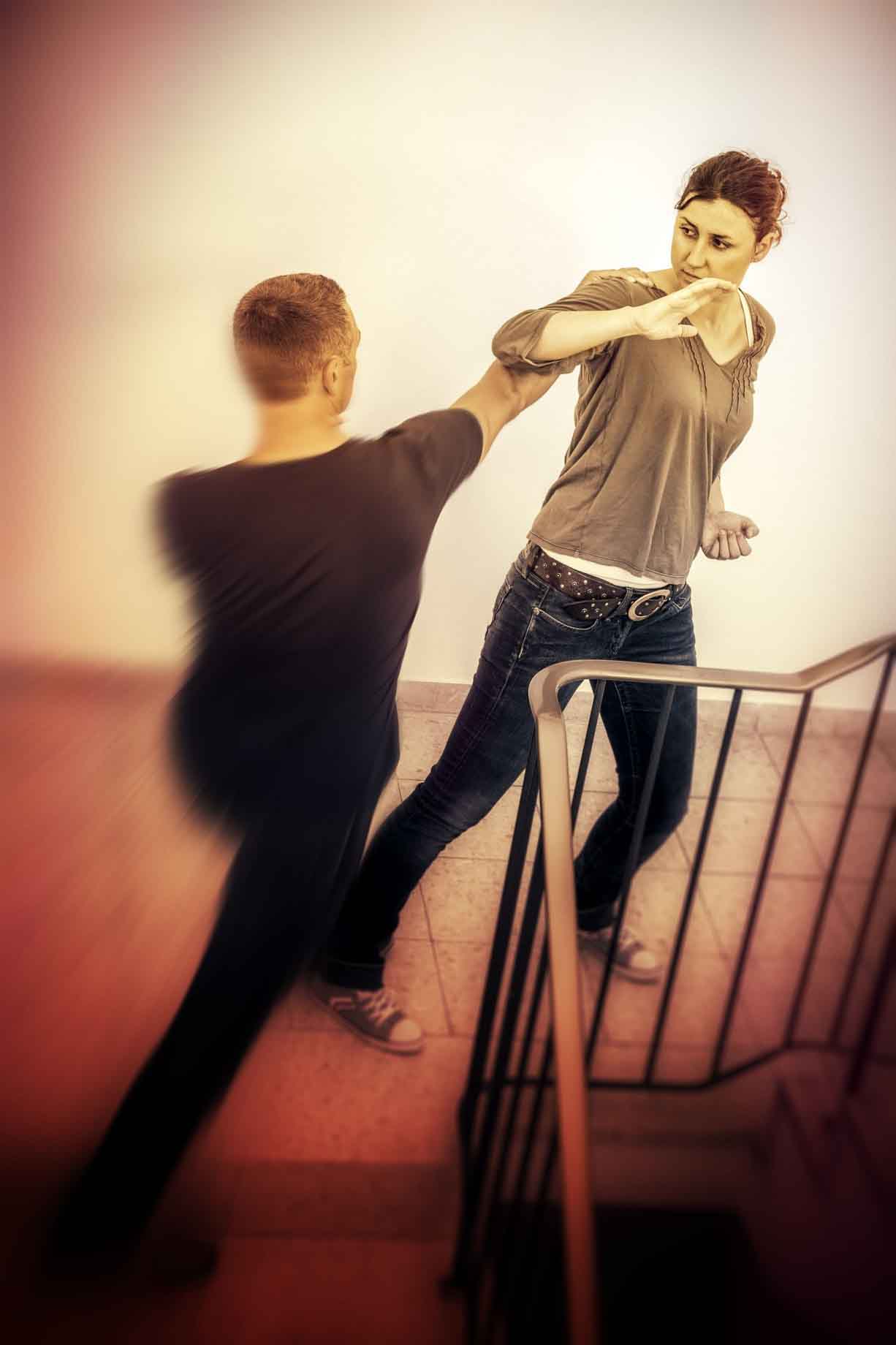How to Defend Someone Who Has Admitted Guilt
Picture this: It’s a chilly winter’s evening in Chicago, and Michigan Ave. is aglow with Christmas lights and bright storefront windows. Snowflakes melt on the ruddy cheeks of shoppers as they bustle down the street with their arms full of bags, laughing as they make their way to the CTA station.
Everything’s peaceful and serene until suddenly—a siren goes off, and someone darts out of a high-end store holding an expensive necklace. Unfortunately for this person—let’s call him “Frank”—there’s heightened security around Michigan Ave this time of year, and a couple of cops are able to stop him immediately.
“Yes, I took the necklace from the store,” Frank admits when the cops question him.
Sounds like that’s it for Frank—he’ll be found guilty of shoplifting in a court of law. Right?
Not necessarily. Even though Frank admitted to taking the necklace, there are many ways an experienced lawyer could argue his innocence. For instance, Frank could have intended to return the necklace immediately. Frank could have misunderstood an employee and thought they wanted him to have the necklace. Frank could have been distracted by other things and walked out of the store with the necklace, thereby shoplifting accidently. Frank could have been threatened with harm by someone else if he didn’t take the necklace. Frank could be mentally handicapped to a point that he should not be held accountable for taking the necklace. These are just some of the many ways a lawyer could protect Frank after he confessed his guilt.
The goal of any good criminal attorney is to get their defendant’s charges reduced or dropped. Even if evidence and your own admission indicates your guilt, you have many options for creating a strong defense with the help of an experienced lawyer. Here are some criminal defense strategies a lawyer may use:
Beyond reasonable doubt. In order to be convicted, the prosecutor must show there is absolutely no reasonable doubt that you committed the crime. By raising even the smallest amount of reasonable doubt, a lawyer might be able to have your charges dropped.
Self-Defense. People have a right to protect themselves and their families from physical harm. If you are charged with a violent crime, a lawyer can argue that you were acting in self-defense. To prove this, the attorney must demonstrate reasonable belief of physical harm that necessitated self-defense, and that your response to the threat was reasonable.
 Entrapment. This defense can work if you successfully prove that a police officer or other government authority forced you to commit a crime—such as buying drugs or hiring a prostitute. The government isn’t allowed to punish you for an illegal action they made you perform.
Entrapment. This defense can work if you successfully prove that a police officer or other government authority forced you to commit a crime—such as buying drugs or hiring a prostitute. The government isn’t allowed to punish you for an illegal action they made you perform.
Insanity. To be convicted of a crime, you have to have intended to perform the illegal deed. If a mental illness kept you from fully understanding what you were doing, you can plead insanity—though this is often very difficult to prove. In most cases, a successful insanity plea will land you in a psychiatric institution rather than prison.
Under the Influence. If you were under the influence of drugs, you might be able to argue that you did not have the mental power to control your actions. While this is only a partial defense, it could have your charges reduced to a slightly less serious crime.
The truth. A skilled lawyer can help you tell the truth in such a way that it reflects better on your case. An effective story should be accurate, but include elements that will gain sympathy from the court and explain or justify your behavior.
Preparation. Being well-prepared for your case is an essential defense strategy that a knowledgeable lawyer can assist you with. By informing you of the facts, coaching you, and helping you practice for your trial, an attorney can help you prepare and present the best possible defense. Your lawyer can walk you through complex laws, so you are able to better understand the prosecution’s case and what kind of evidence you need to combat it. An attorney can prepare you with practice interviews, special assignments, and advice that will help you strengthen your case.
 The bottom line? Even if you’ve already admitted guilt and the evidence points against you, you can have your charges reduced or dropped—but you need an expert criminal defense lawyer. Whether you have been charged with public indecency, burglary, criminal trespass, or any other crime, an experienced lawyer can help you ensure the best outcome of your case. Don’t put the future well-being, freedom, and reputation of you and your family at risk by attempting to navigate the complex judicial system alone. A smart attorney is a powerful and necessary ally as you fight to defend your rights and civil liberties.
The bottom line? Even if you’ve already admitted guilt and the evidence points against you, you can have your charges reduced or dropped—but you need an expert criminal defense lawyer. Whether you have been charged with public indecency, burglary, criminal trespass, or any other crime, an experienced lawyer can help you ensure the best outcome of your case. Don’t put the future well-being, freedom, and reputation of you and your family at risk by attempting to navigate the complex judicial system alone. A smart attorney is a powerful and necessary ally as you fight to defend your rights and civil liberties.
About the Author:
Andrew M. Weisberg is a former felony prosecutor who now serves as a defense attorney in the greater Chicago area. He has extensive experience in handling all types of criminal cases, from sex offenses and domestic violence to retail theft-related crimes, Murder, and drug crimes.







 Blog Home
Blog Home 










